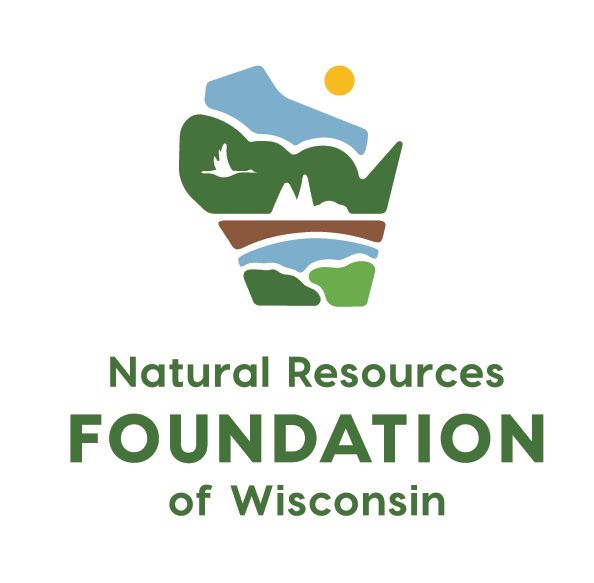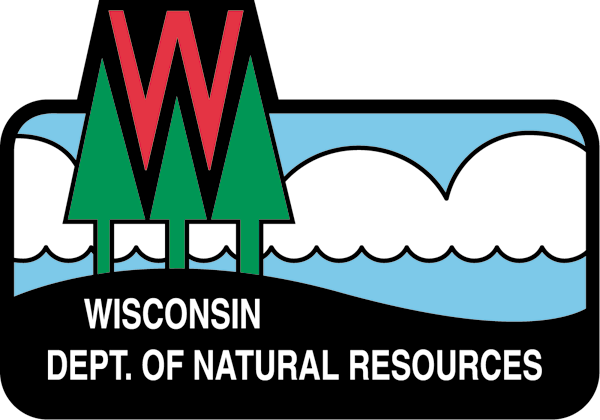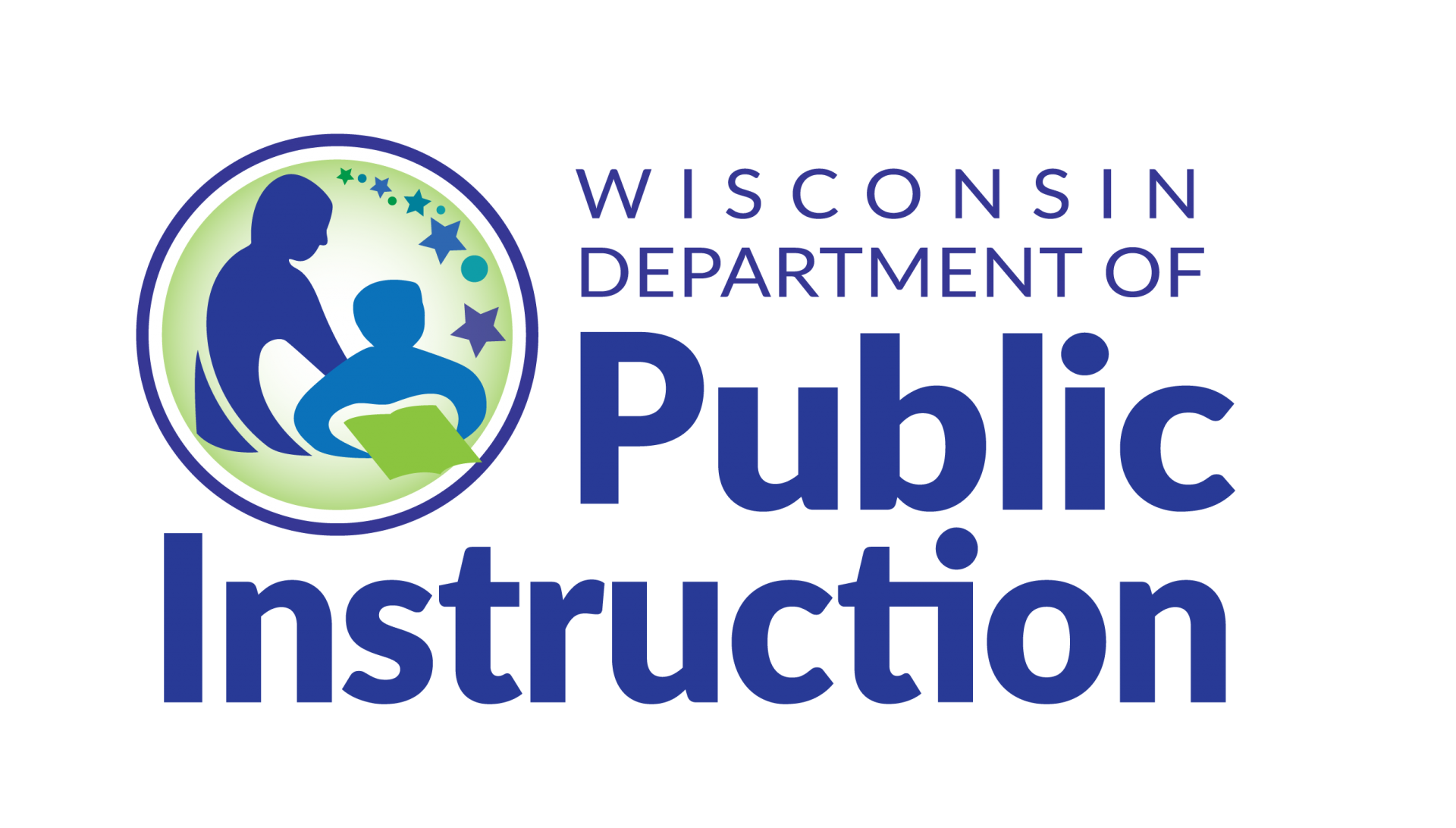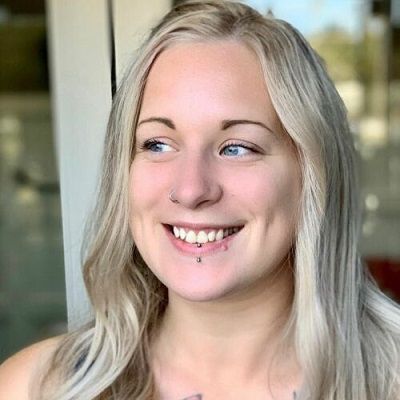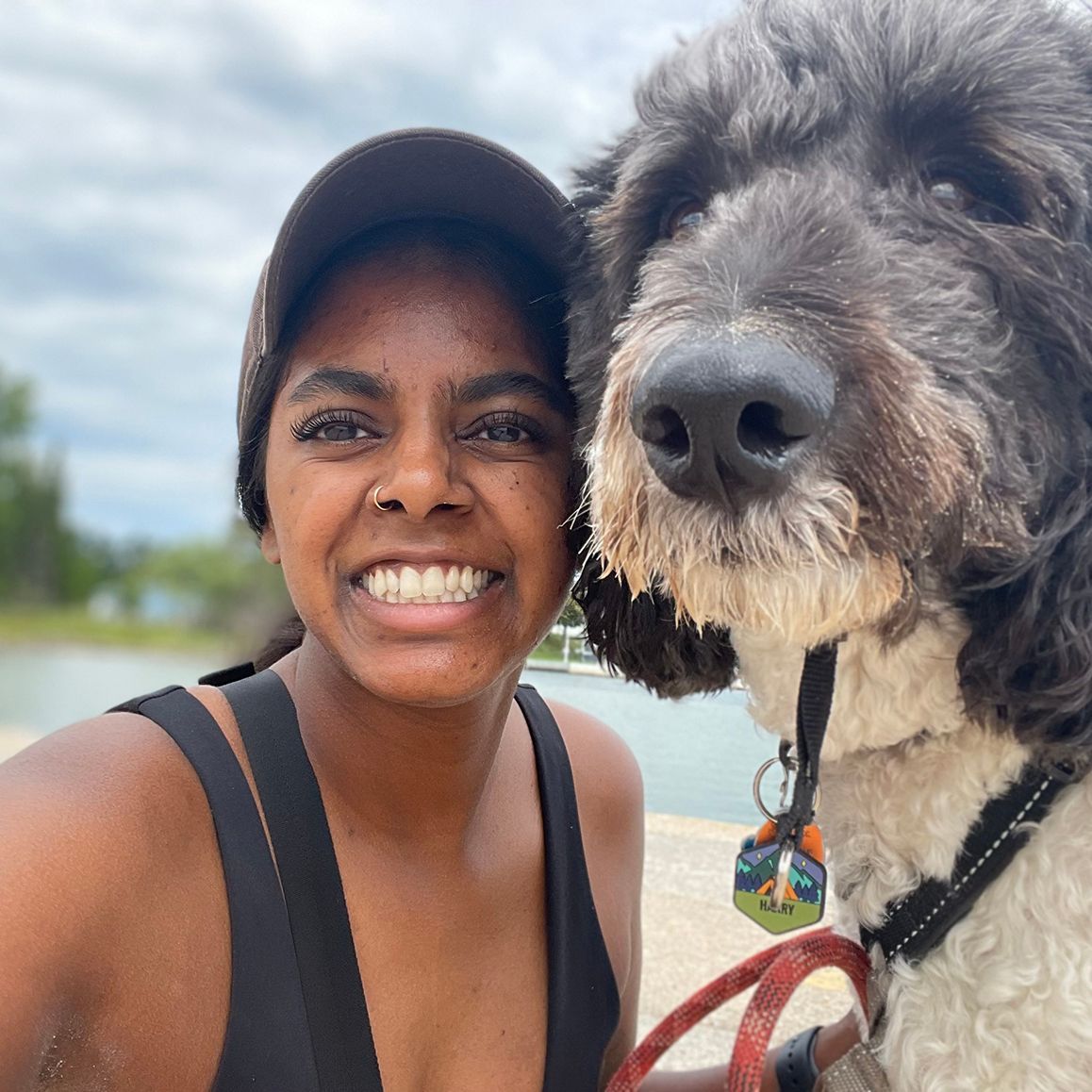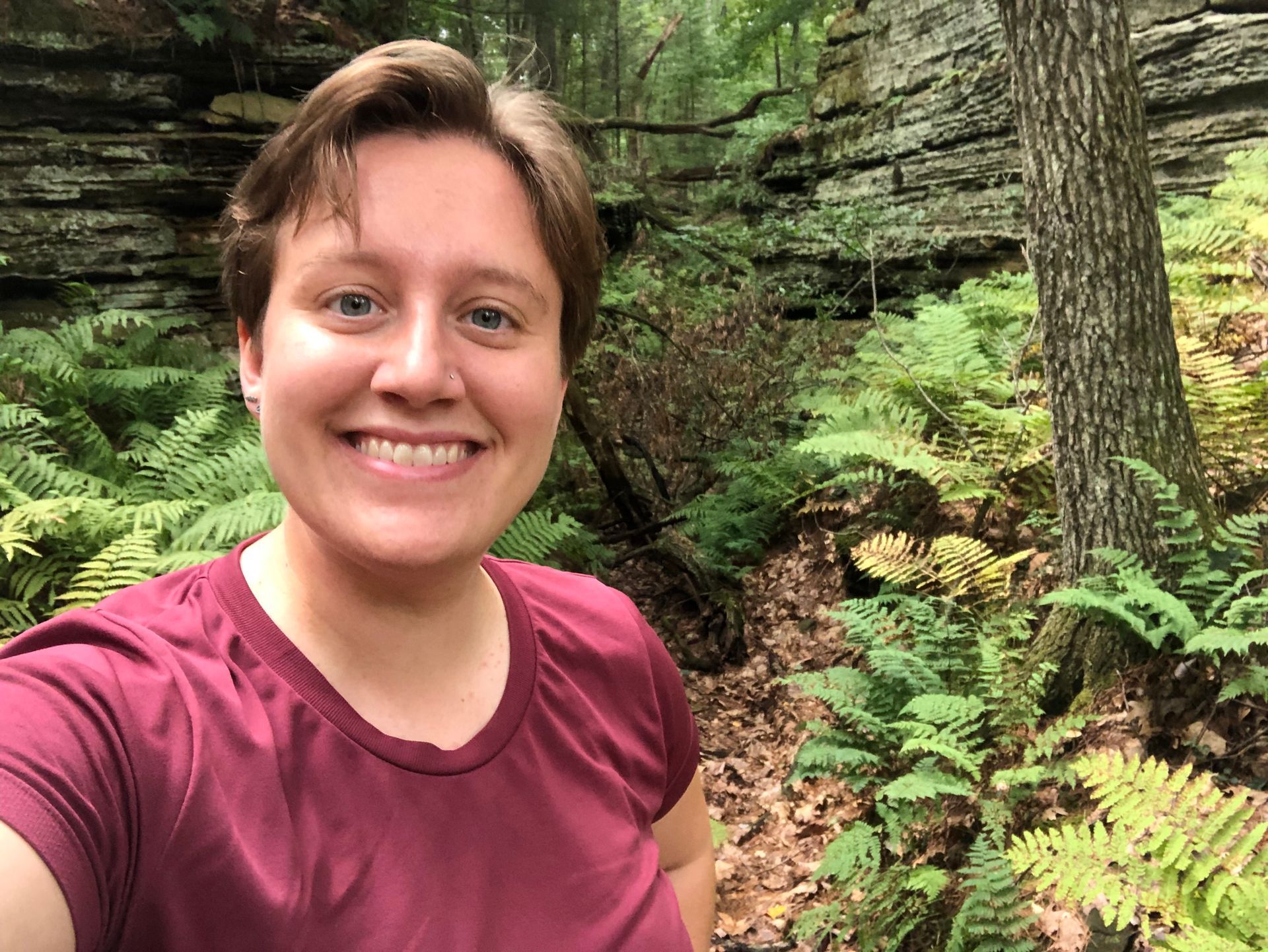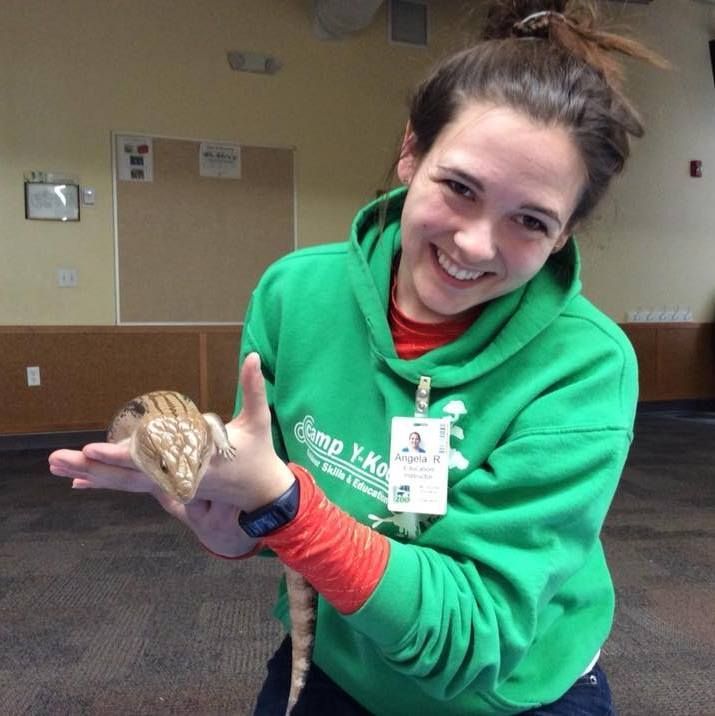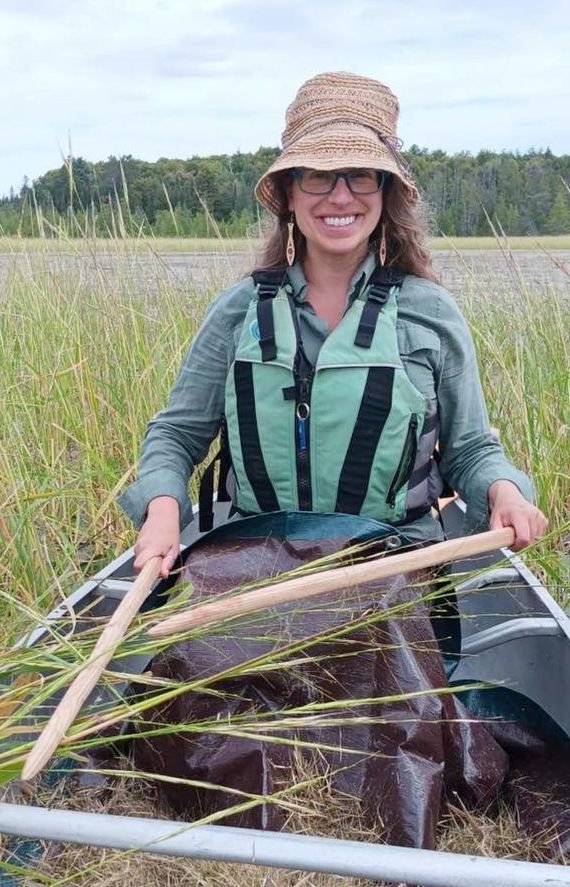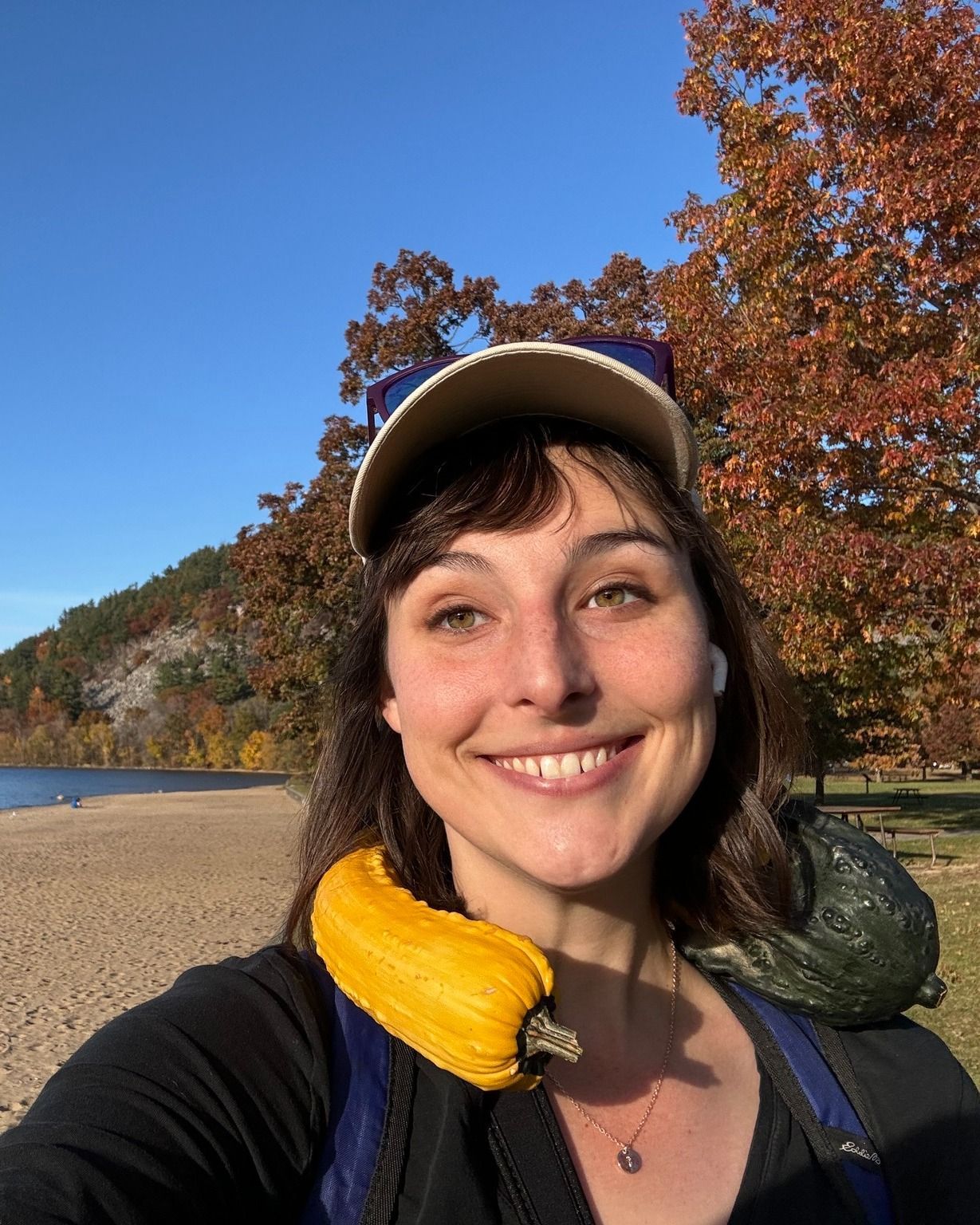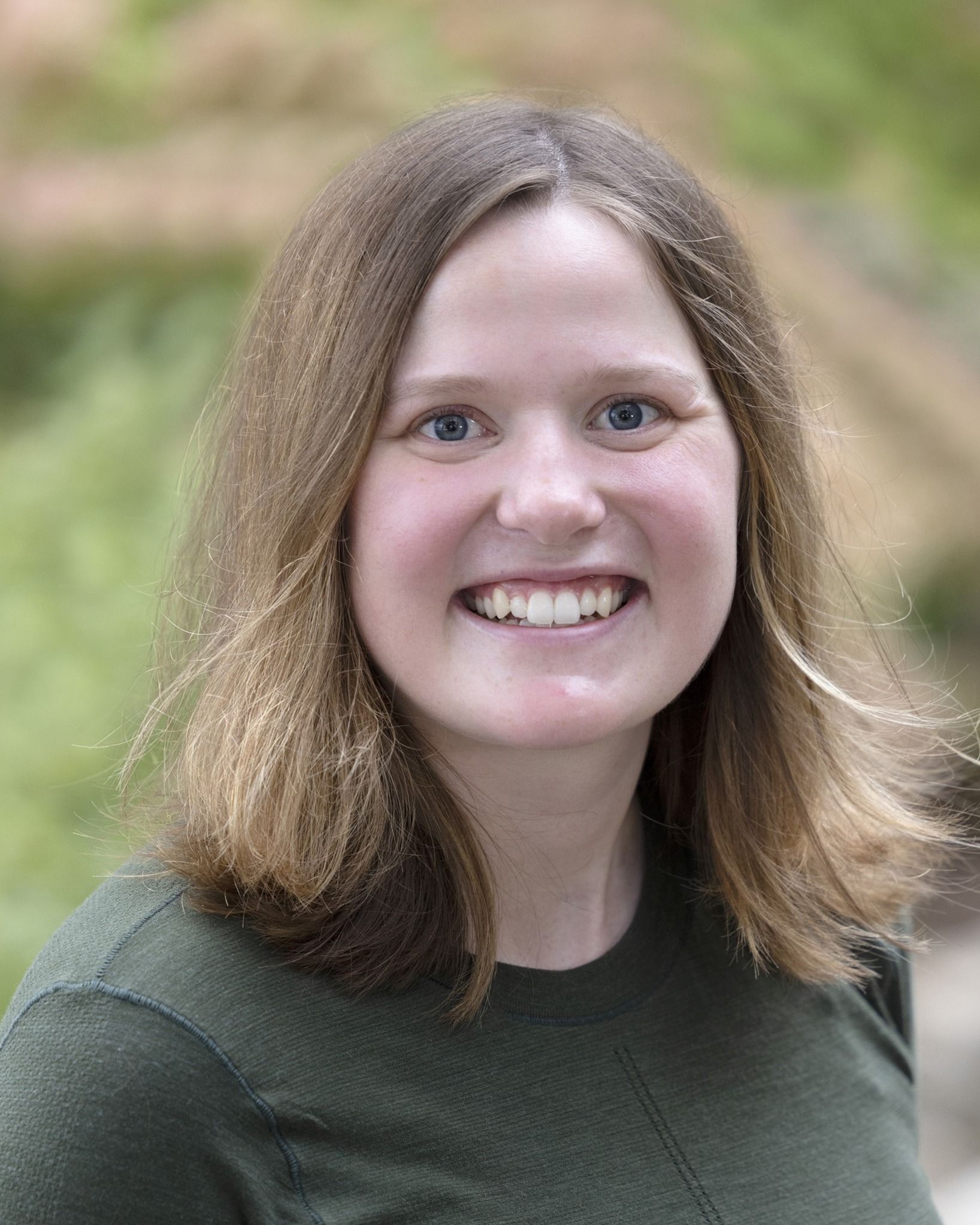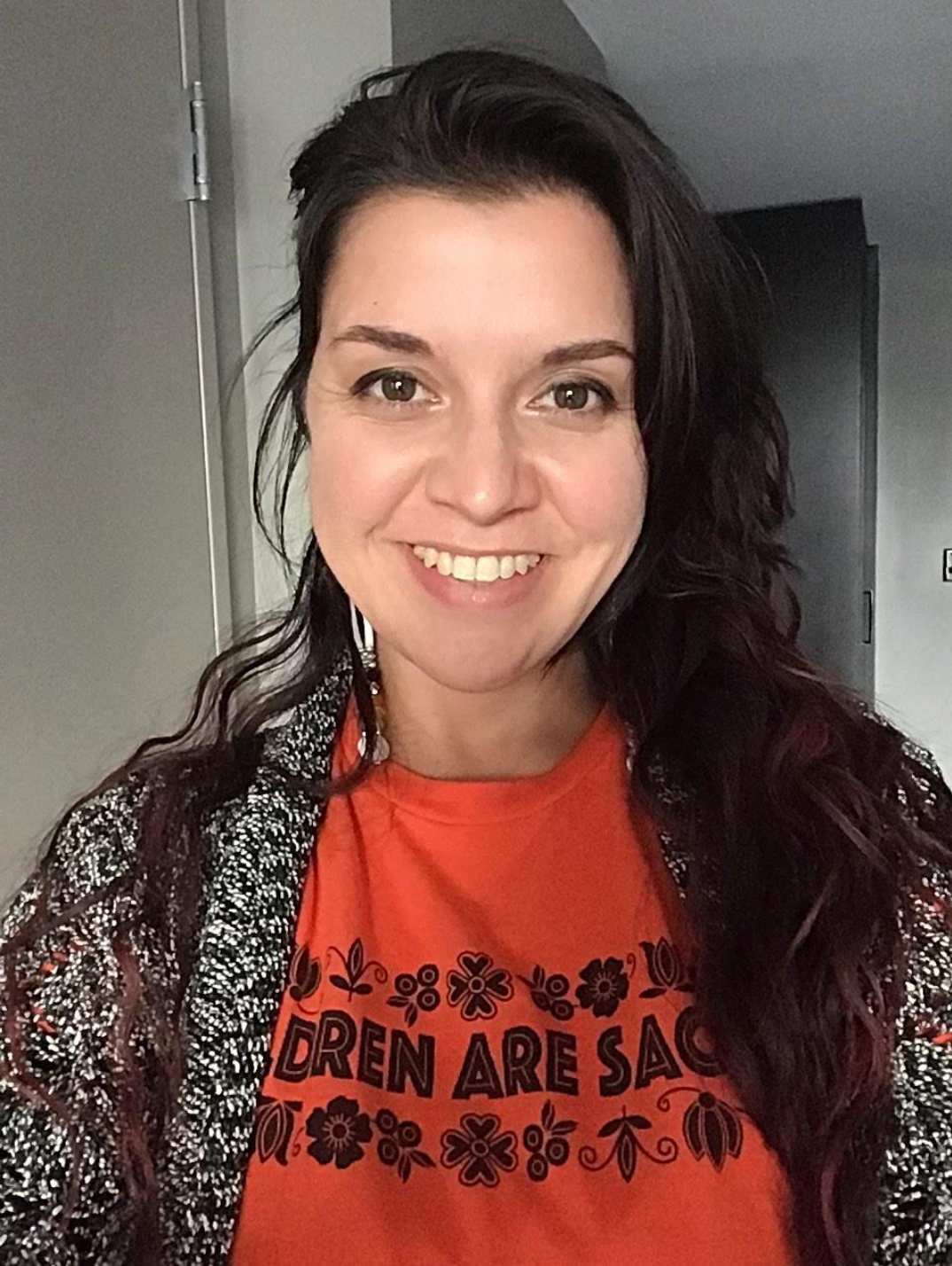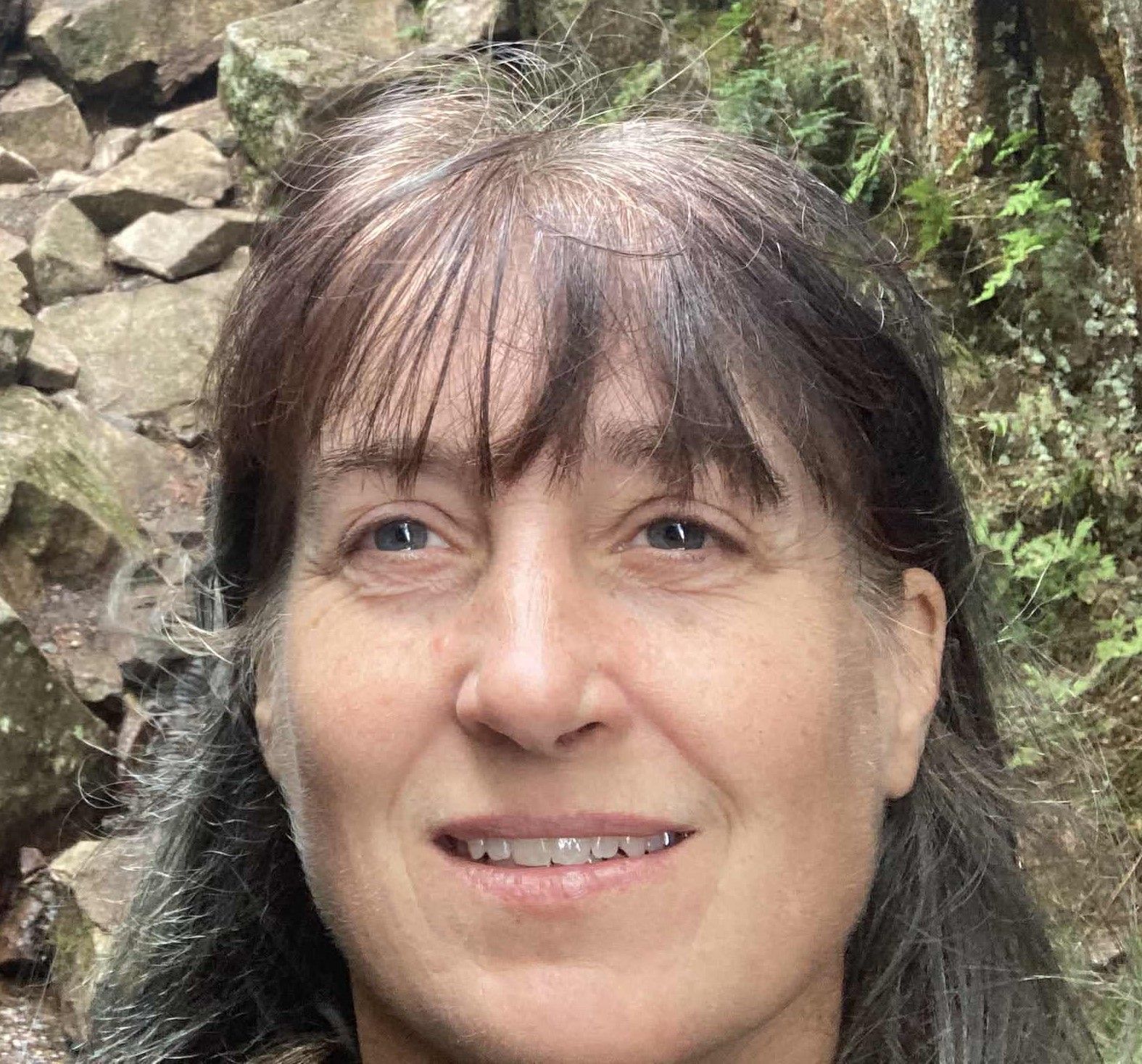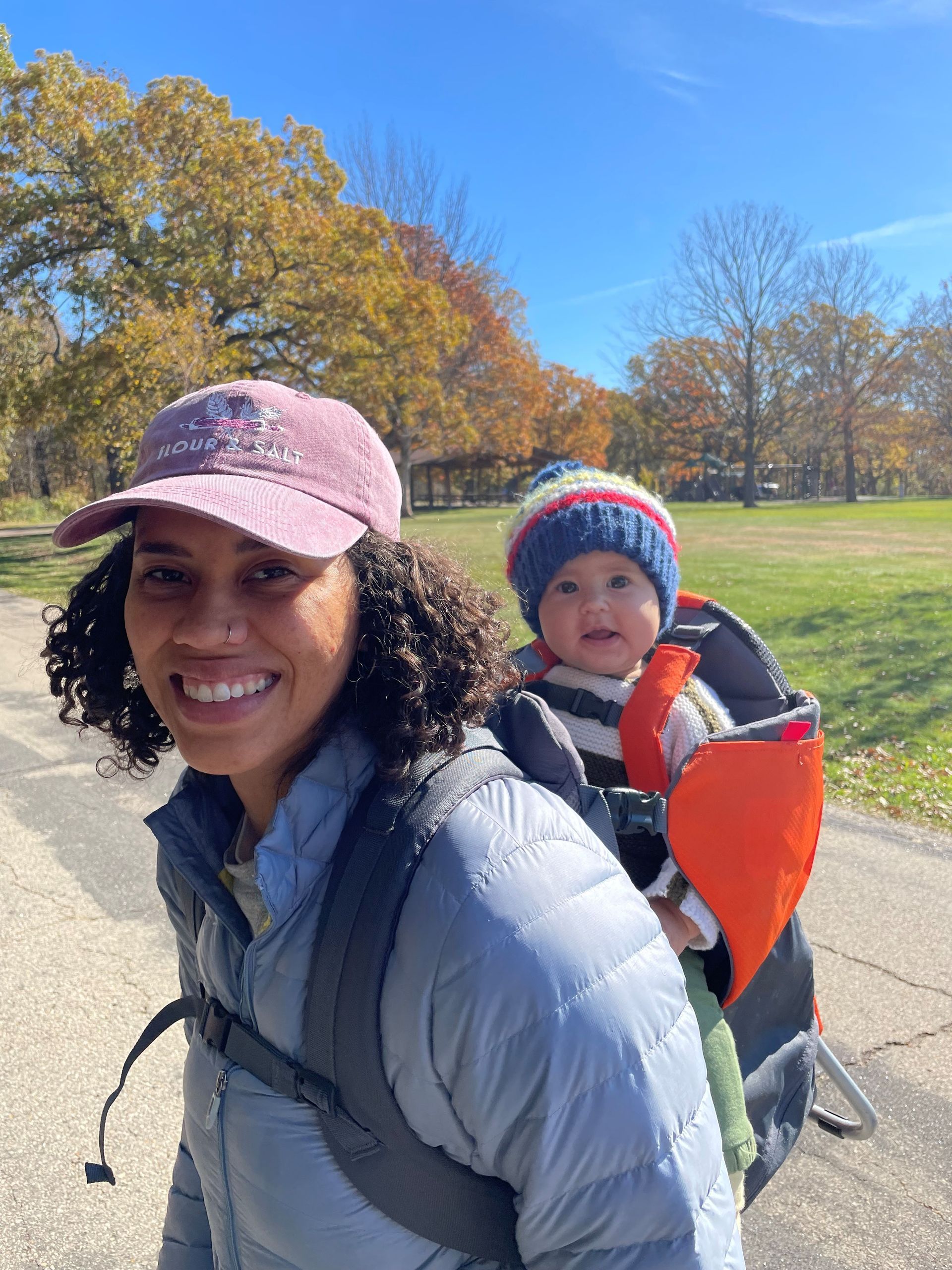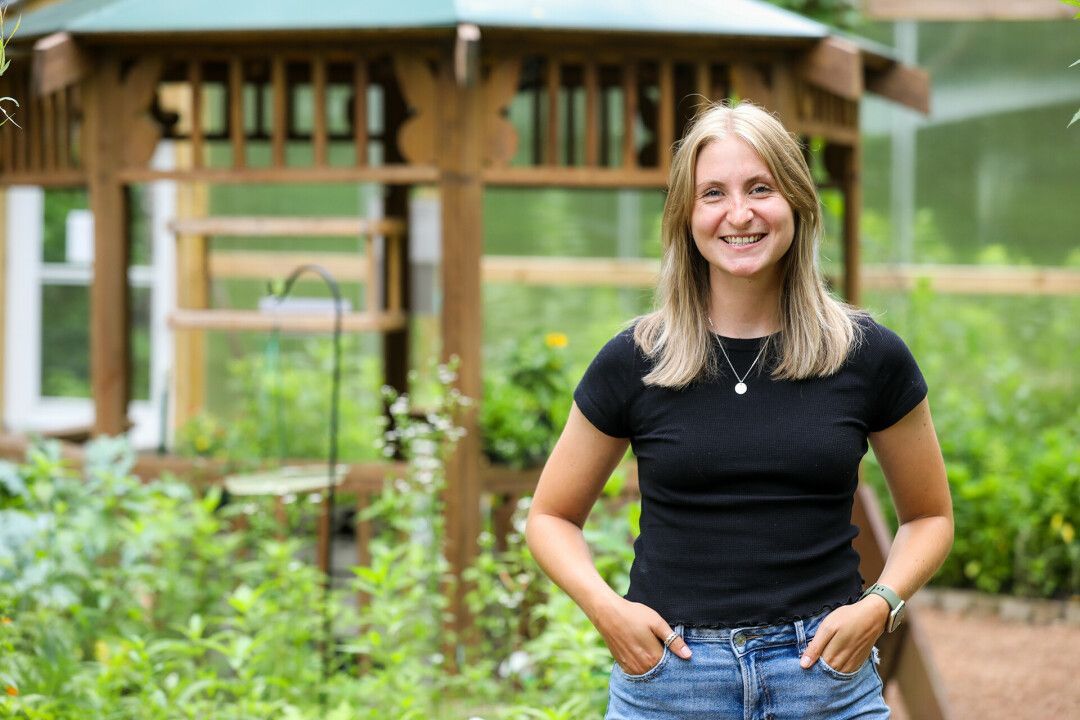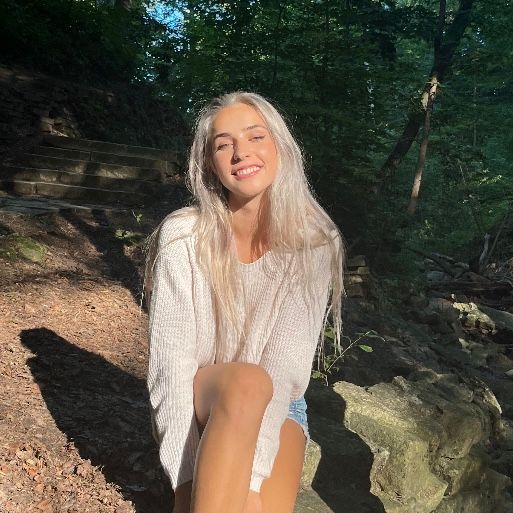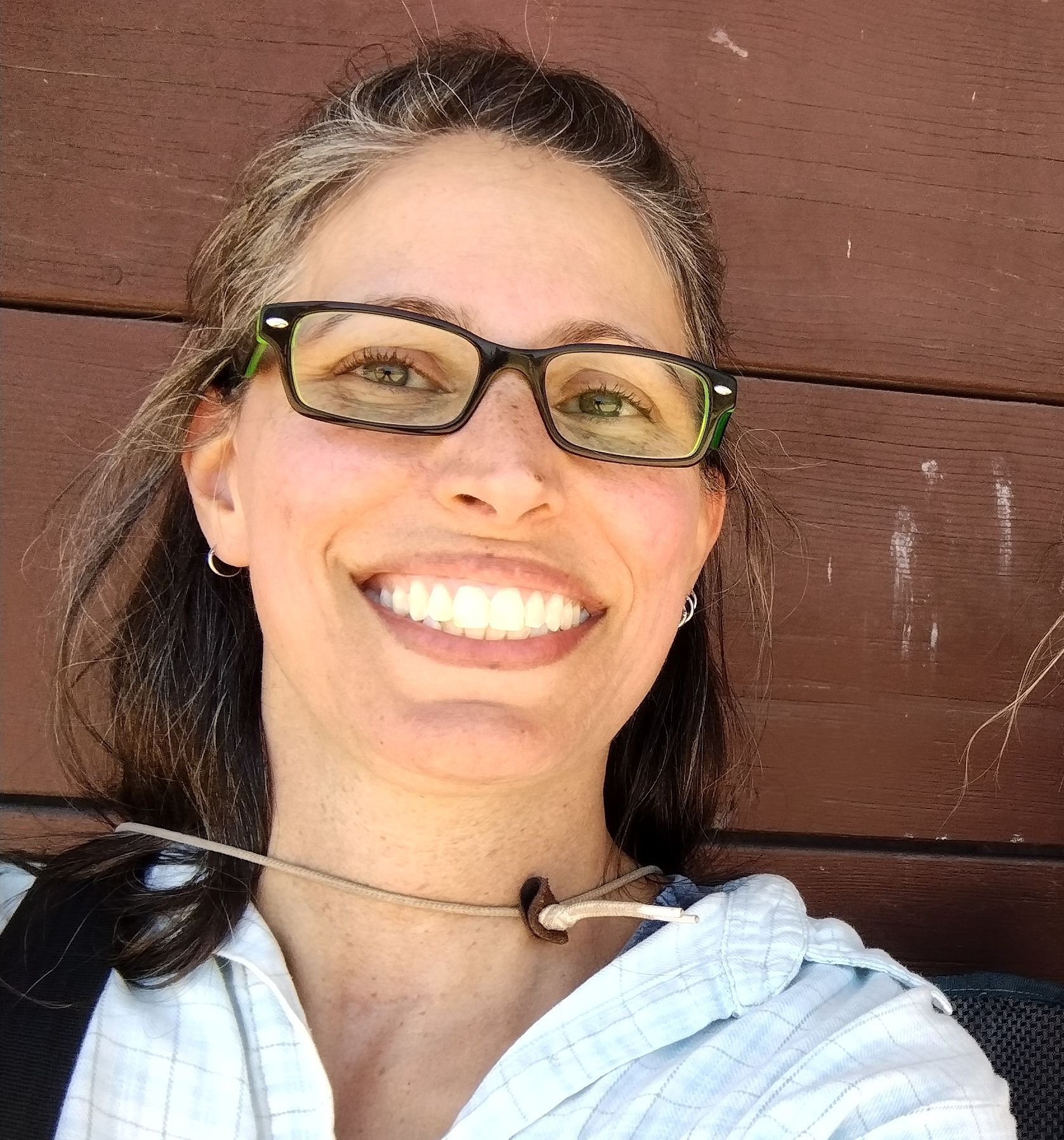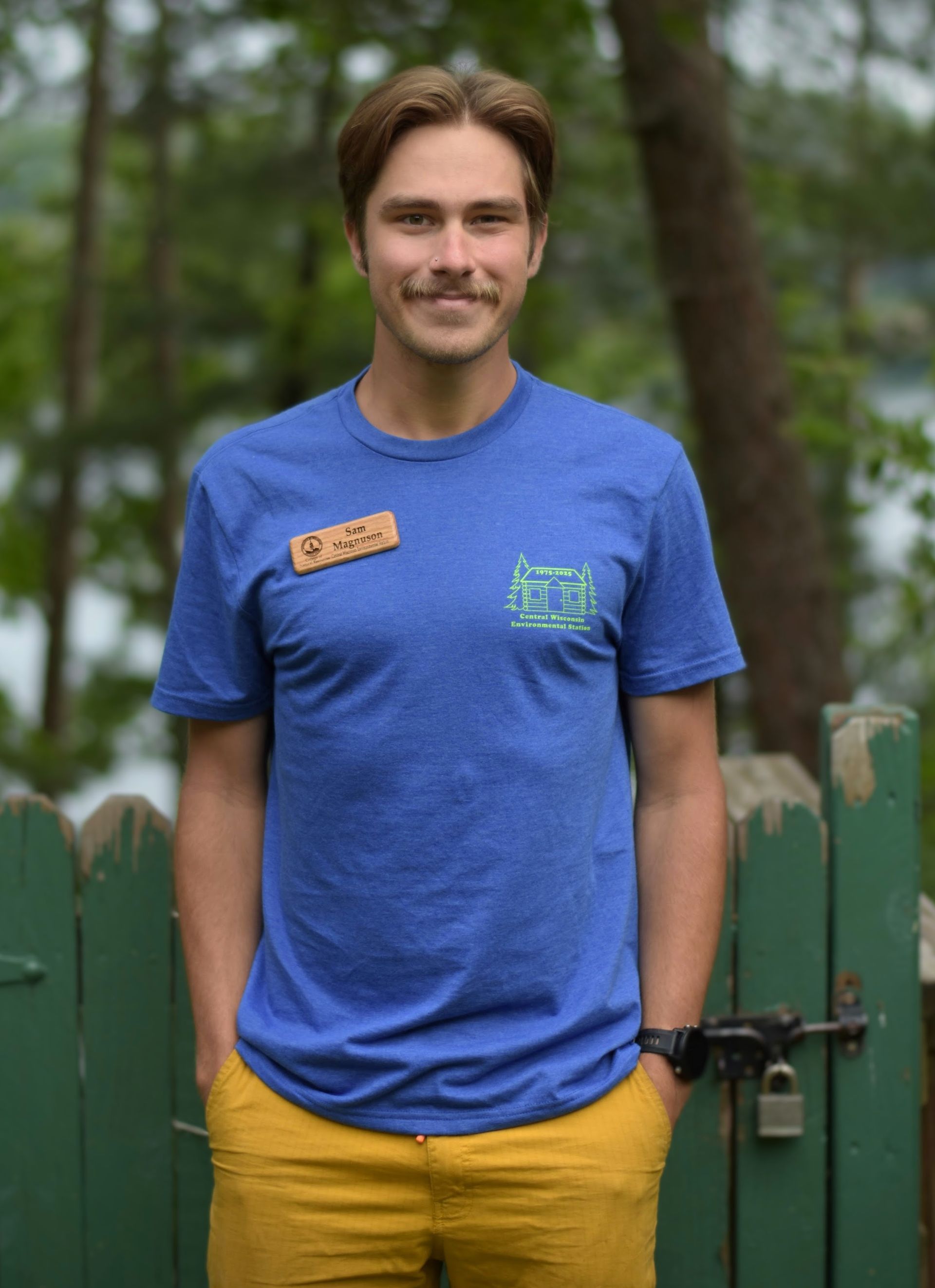About Us
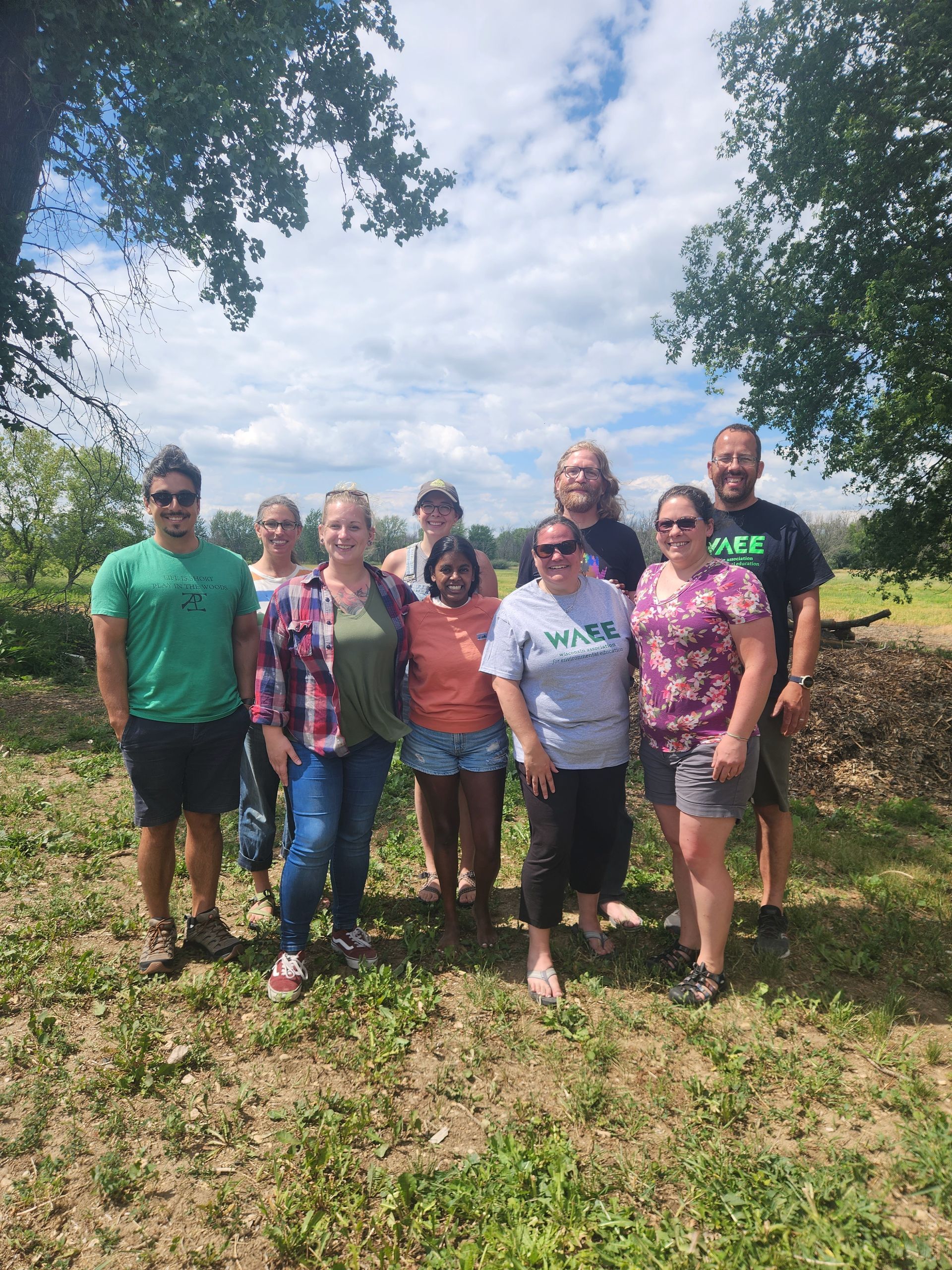
50 Years and Counting
A Leader for Environmental Education
The Wisconsin Association for Environmental Education is a member-based, professional community of individuals and organizations with diverse backgrounds that promotes responsible environmental action, elevates voices for environmental justice, and celebrates excellence in environmental education.
Three pillars frame our work: Advocacy, Networking, and Recognition.
WAEE is part of the
NAAEE Affiliate Network.
Advancing the Field
An Environmental Education Collaborative
WAEE along with the Natural Resources Foundation of Wisconsin, the University of Wisconsin–Stevens Point, Wisconsin Department of Natural Resources, and Wisconsin Department of Public Instruction began engaging in conversations to fill leadership gaps after the state lost key organizations.
We know we are better together. A collaborative approach is key to taking environmental education to scale. We share learnings, policy approaches and advocate as a group for widespread adoption of EE. Our organizations work with different groups who make up an extensive circuitry of programs, initiatives, and supports to energize the field. A strong and healthy network ensures that ideas, learnings, and successes can flow easily across the network, powering ongoing innovation.
WAEE Land and Water Acknowledgement Statement
The Wisconsin Association for Environmental Education would like to acknowledge the land and water in what is now called Wisconsin. We acknowledge the original caretakers of this land who continue to advocate for all of creation. We acknowledge all traditional caretakers of this land:
- We acknowledge all of the Nations that have called this space home;
- We acknowledge the tribes that call Wisconsin Home; Mashkiiziibii – the Bad River Band of Lake Superior Chippewa, Menominee Indian Tribe of Wisconsin, Ho-Chunk Nation, Forest County Potawatomi, Lac Courte Oreilles Band of Lake Superior Chippewa, Lac du Flambeau Band of Lake Superior Chippewa, Sokaogon Chippewa Community – the Mole Lake Band of Lake Superior Chippewa, Saint Croix Chippewa Indians of Wisconsin, Stockbridge-Munsee Community Band of Mohican Indians, Oneida Nation, Mishkwaabikong – the Red Cliff Band of Lake Superior Chippewa, and Eeyamquittoowauconnuck – Brothertown Indian Nation.
- We acknowledge all of the original caretakers of this land and stand committed to supporting a vision of respect, humility, love, and responsibility.
Authors: Jason Dropik, Deanna Erickson
In addition, WAEE recommends the use of the Native Land app to help map Indigenous territories, treaties, and languages. Check out Native Land app's plethora of living resources, including their Teacher's Guide.
Mission & Vision
Who We Are
The Wisconsin Association for Environmental Education is a member-based, professional community of individuals and organizations with diverse backgrounds that promotes responsible environmental action, elevates voices for environmental justice, and celebrates excellence in environmental education.
Vision
An environmentally-literate, action-oriented community that communicates, connects, and advocates for a sustainable, resilient Wisconsin.
Recognizing that the current environmental education field does not represent all communities, WAEE supports the North American Association for Environmental Education’s vision of “A sustainable future for all where environmental and social responsibility drive individual and institutional choices.”
Mission
The Wisconsin Association for Environmental Education (WAEE) nurtures individuals and organizations working towards sustainable, resilient communities.
Staff and Board of Directors
Meetings and Reports
Board Meetings
The public is welcome to attend WAEE's monthly board meetings, held virtually on the 4th Wednesday between 5:15pm-6:30pm CT.
Refer to WAEE's homepage for the current board meeting information. View meeting minutes.
Annual Reports
2024 Annual Report | 2023 Annual Report | 2022 Annual Report | 2021 Annual Report
Annual Member Meeting
The Annual Meeting held each year in conjunction with the Annual Conference is a key opportunity for members to interact with their elected representatives on the Board of Directors, provide feedback, give suggestions, and find out about volunteer opportunities in WAEE.
It is also an opportunity to learn more about the Board of Directors election process. Consider joining the Board to make a lasting contribution to environmental education efforts within the state.
Value Statements
- When we address the fact that people are losing our connection to the natural world, impacting our mental and physical health, then we highlight the urgency of the need for EE and for all people to connect to nature.
- When we listen to and follow the lead of our students, then we demonstrate our belief to act on the power of young people.
- When we provide tools and resources to address environmental, health, and social injustices, then we create advocates for expanding access to nature for all people.
- When we advocate for all children to have access and opportunity to explore and learn from the natural world, then we strengthen our political voice and create stewards of the land.
- When we intentionally diversify our board, members, award winners, and liaisons then we put in action our commitment to create a more equitable society.
- When we work with partners outside of the environmental education community, then we expand our reach and impact.
- When we provide a safe space to open a discourse on difficult issues like climate change, environmental justice, and racial divisions, then we open a space for compassion and hope.
- When we are courageous and bold with our dialogue around wicked problems, then we will listen and seek to understand unique perspectives.
The Wisconsin Association for Environmental Education does not discriminate on the basis of gender, race, color, national origin, ancestry, creed, pregnancy, marital or parental status, religion, age, disability, veteran status, sexual orientation, or physical, mental, emotional or learning disability in membership, enrollment or employment, nor in the educational programs or activities which it operates.
Note to Membership
As environmental educators, we know diversity in the natural world leads to sustainability and resiliency. This is true in our social, economic, and political systems, too.
Historical and recent events around police brutality, racism, and injustice have highlighted the systemic racism that was deliberately built into our society. Those of us who are handed privilege at birth need to actively engage in the issue. A goal of environmental education includes teaching civic responsibility… and this is part of that responsibility. Advocacy for the natural world transfers to advocacy for the social world. We are not allies to trees, rather we are stewards of the land which implies a labor of love and action. To that end, we must also go beyond being allies to being stewards (and co-conspirators) with our fellow beings in the social, economic, and political realms.
So, what can we do as environmental educators? We can seek out curriculum resources, we can learn more about systemic racism and our own biases, we can speak out when others can’t and we can be still and listen to those who have been excluded from the outdoors and the environmental movement. Using the environment as a starting point, we can explore environmental racism and consider how we can be more involved in advocating--whether it be for clean water in our community, reducing pesticide use that disproportionately affects communities of color and low-income populations, or something else. We can donate to supporting organizations. We can review our own training procedures and policies.
WAEE has been working on justice, equity, diversity, and inclusivity through awards, conferences, workshops, and other professional development offerings. Within the past few years, we revised our mission and vision statements. Read each word below. As members and a board, we must consider how we can move our field forward and what actions we can take today to show our commitment and make a difference.
As an organization, we will increase our efforts—and that includes having a conversation with the membership. Those conversations will come through partnering with UW-Extension and the Department of Public Instruction, as well as through our own efforts.
We’ve also discussed the following:
- Continued, open, and honest learning and growing through conversations with membership and professional development.
- Engaging with those outside of environmental education organizations.
- Developing a Diversity, Equity, and Inclusivity Committee that actively informs all efforts of our networking, advocacy, and recognition pillars.
- Committing to being accessible to all of the membership.
- Inviting and removing barriers for conference presenters that add to our learning related to the topic.
- Increasing funding for scholarships to increase diversity of attendees at conferences.And this is all part of our “new normal.” What do you hope for that new normal? What are you committed to doing? It’s time for us all to take action to address inequities.
Find additional resources.
History
This timeline was created for the 2014 Annual Conference celebrating “40 Years of Collaboration.” We continue to celebrate the rich history of partnerships for environmental education throughout the state of Wisconsin.
Pre: WAEE timeline
- 1962: Representatives from the Department of Public Instruction, elementary and high schools, county superintendents, colleges and universities, Wisconsin Conservation Department, state and federal resource agencies, service clubs and business and industry meet to establish the Wisconsin Council for Conservation Education (WCCE).
WAEE timeline
- 1974: The Wisconsin Council for Conservation Education rewrites its constitution and changes its name to the Wisconsin Association for Environmental Education (WAEE).
- 1984: WAEE newsletter becomes EE News which is edited by the WI DNR.
- 1994: NAAEE presents WAEE with its Outstanding Affiliate Organization Award.
- 1995: WEEB sponsors the Wisconsin Environmental Education Summit with over 100 organizations working together to strategically plan for the future of EE in Wisconsin.
- 2001: WAEE hosts the MEEC “Recharging your Double E” at Wonderland Camp& Conference Center with David Sobel, Judy Braus, and the Kratt Brothers as keynotes.
- 2004: Final issue of EE News posted to WI DNR website.
- WAEE, WCEE, and WEEB held a statewide EE forum at the UW-Stevens Point campus.
- 2007: WAEE hosts MEEC “No Child Left Inside” at the UW-Stevens Point campus with Richard Louv as the keynote. The attendance was over 550 participants.
- 2010: WAEE awards ceremony is combined with LEAF and KEEP awards.
- 2013: WAEE in collaboration with 19 other Wisconsin organizations is awarded a $30,000 EE Capacity Grant from NAAEE to increase the environmental capacity around the state of Wisconsin.
- 2014: The First Celebration of Excellence in Environmental Education Event is held separately from the annual conference.
- 2022: WAEE hired our first Executive Director. Welcome,BecaBorkowski!
- 2023: WAEE hosted the 2023 Midwest Environmental Education Conference (MEEC) in La Crosse, Wisconsin, with nearly 300 attendees from 8 states.
- 2023: TENFEE becomes an official program of WAEE.
- 2023: WiNACC dissolves and gifts WAEE $11,000 to support the creation of a strong statewide collaborative for Early Childhood Nature Based Education. WiNBECA joins this initiative by officially becoming a program of WAEE in 2024.
- 2024: WAEE celebrated 50 years as the Wisconsin Association for Environmental Education. This was celebrated with a special camp-like reunion at Upham Woods, which brought together founding members and WAEE Alumni of the past half-century.
- 2024: NAAEE presents WAEE with its Outstanding Affiliate Organization Award exactly 30 years after our first time receiving this honor.
- 2025: WAEE, KEEP, and Green & Health Schools bring back the in-person "Celebration of Excellence in EE" for the first time since the COVID-19 pandemic.
Contact Us
Contact Us
We will get back to you as soon as possible.
Please try again later.

